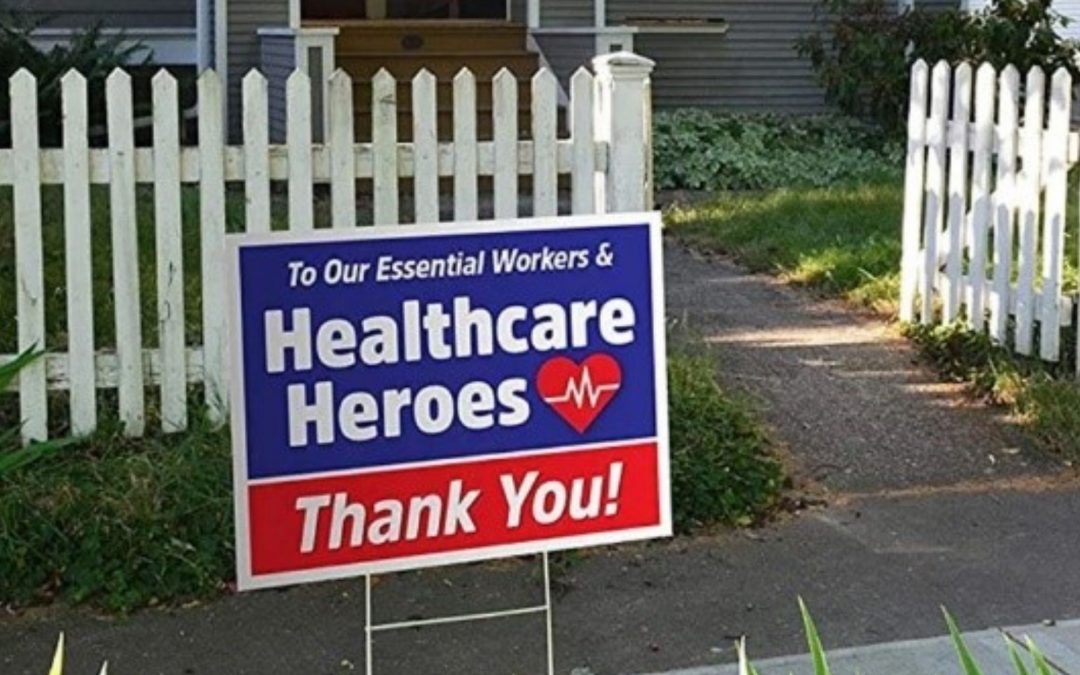It’s time to stop calling frontline healthcare workers heroes and time for healthcare organizations to put their money where their mouth is and provide the support we need. Stop #physician and #nurse #burnout!
I recently read an article in the New York Times about a young internist in Chicago who decided at the age of 42 to quit medicine due to burnout and the psychological trauma of caring for patients during the Covid pandemic. Not only does it make me incredibly sad that a young woman decides to give up the practice of medicine early in her career, it makes me angry. Everyone knows that all physicians and hospital-based nurses go through cycles of burnout during their career. Survey after survey shows that about 45% of physicians are burned out at any given time, and the number is higher for women than men.
The causes of burnout are well known and are largely unchanged over the last 5 to 10 years. These facts were confirmed in the most recent Medscape survey in January 2021. Over 12,000 physicians were surveyed and while 21% said their burnout began during the Covid pandemic, 79% said they were already burned out even before Covid. In fact, only 8% of the surveyed physicians said that caring for Covid patients was the primary factor in their burnout. As in previous surveys, the main factors were too many bureaucratic tasks (58%) overwork (37%) lack of respect (37%) insufficient reimbursement (32%) and lack of control/autonomy (28%.)
The young physician in the New York Times article related how not only had her clinical and nonclinical time increased, but when her corporate healthcare organization lost money because profit generating elective procedures were not being performed during the pandemic, she was asked to absorb some of those losses in the form of a pay cut. It’s high time that corporate healthcare organizations began to see their workers as valuable human capital and treat them accordingly. So-called “physician wellness programs” focus on making workers more resilient, putting the onus of burnout prevention on individual physicians. It’s time for healthcare organizations to accept responsibility for causing burnout and take concrete steps to reduce the causative factors described above. Only then can burnout be reduced and clinicians can focus on their job of caring for patients.


Recent Comments